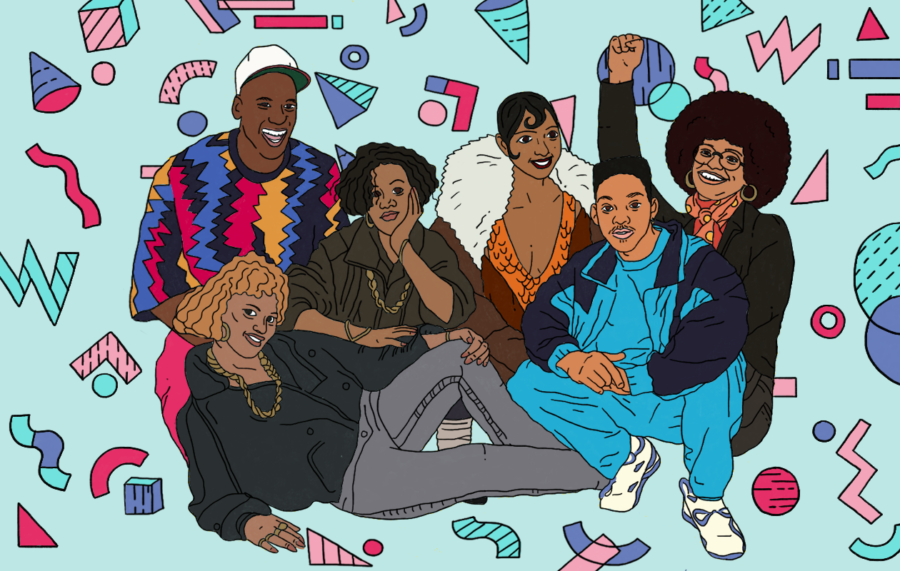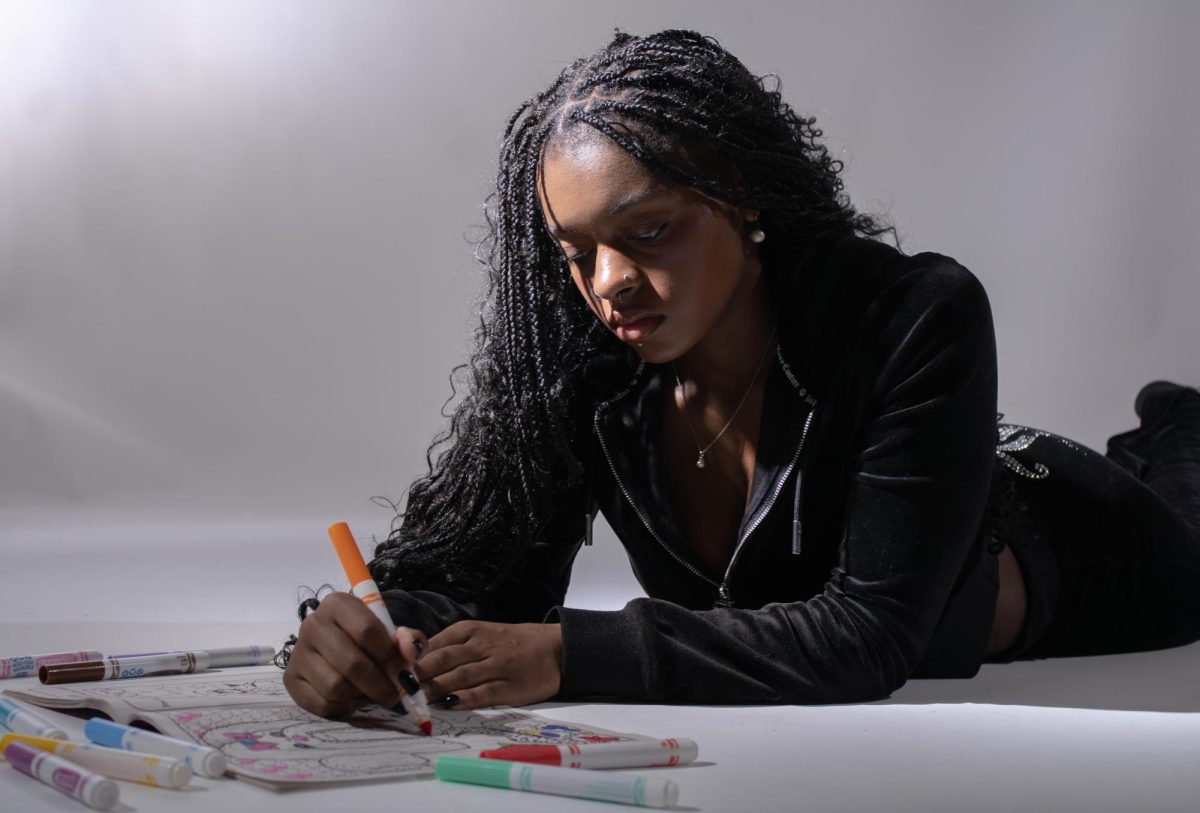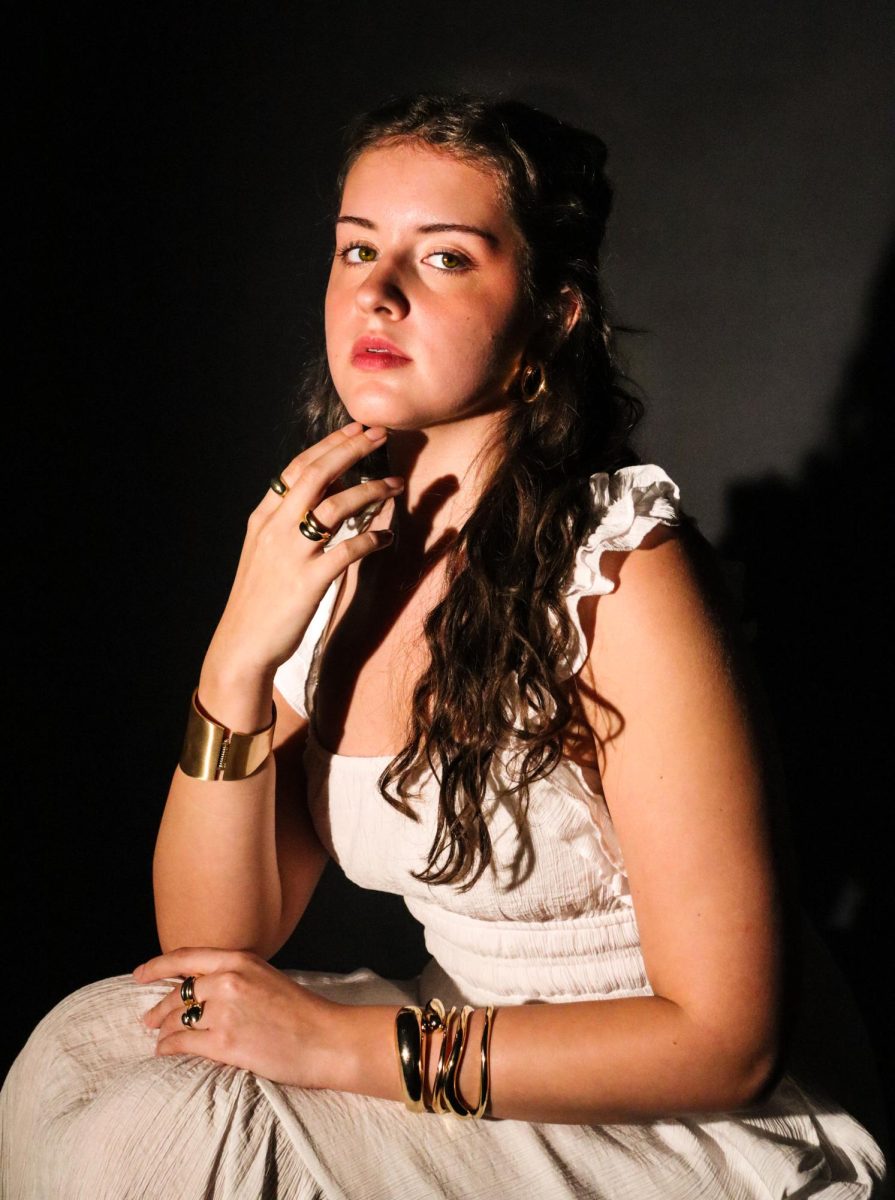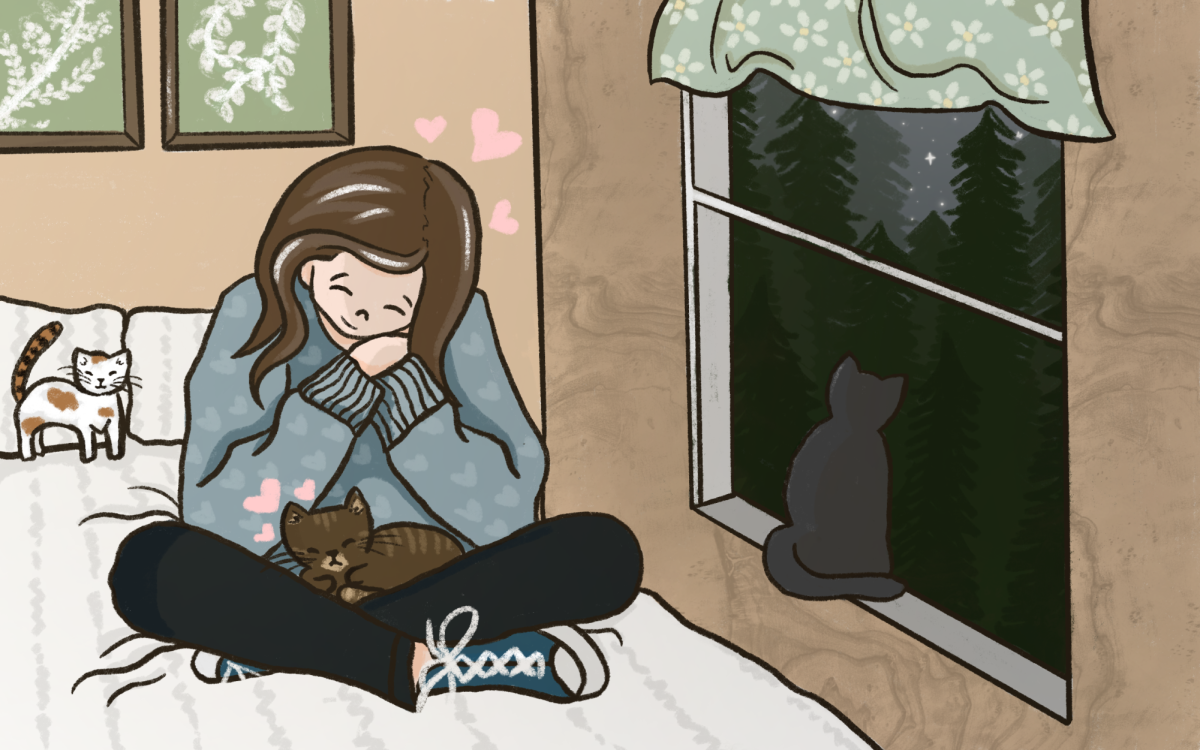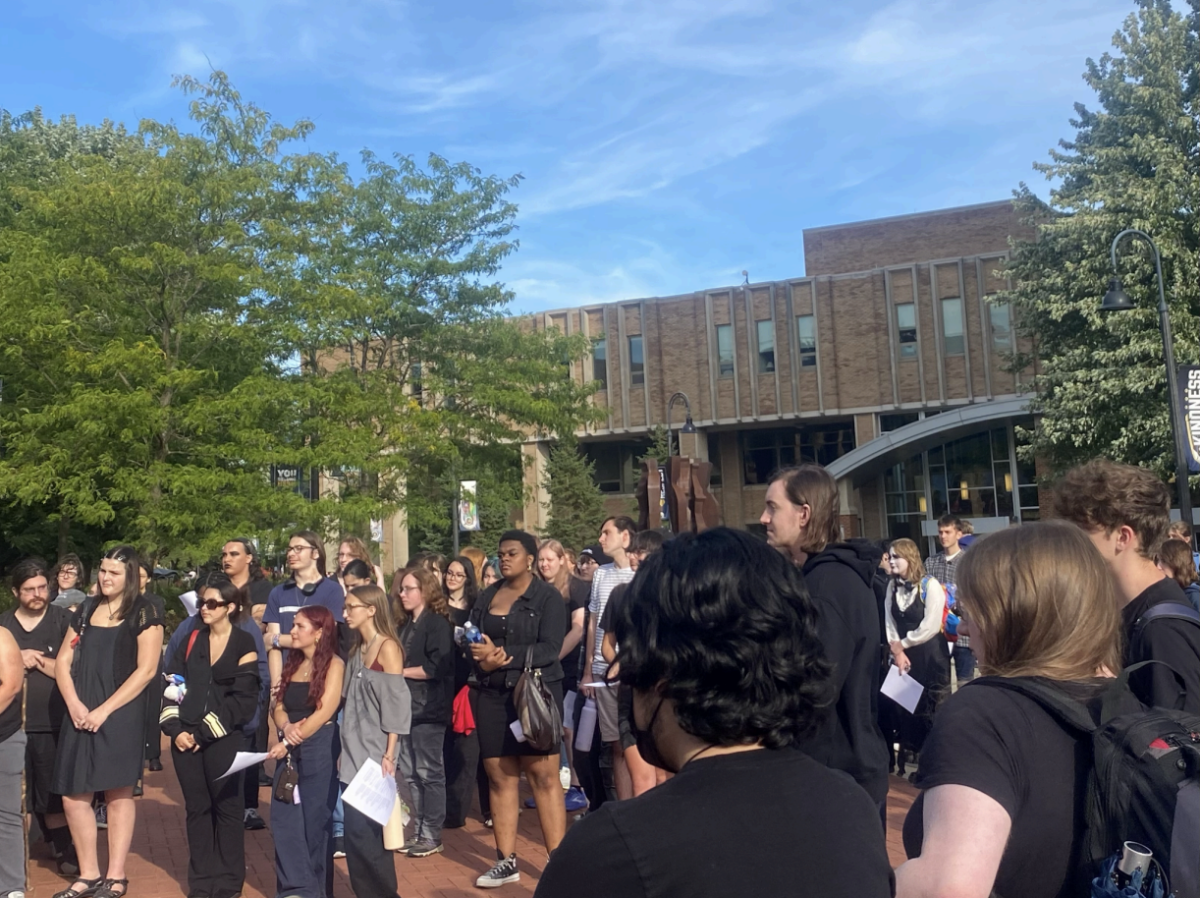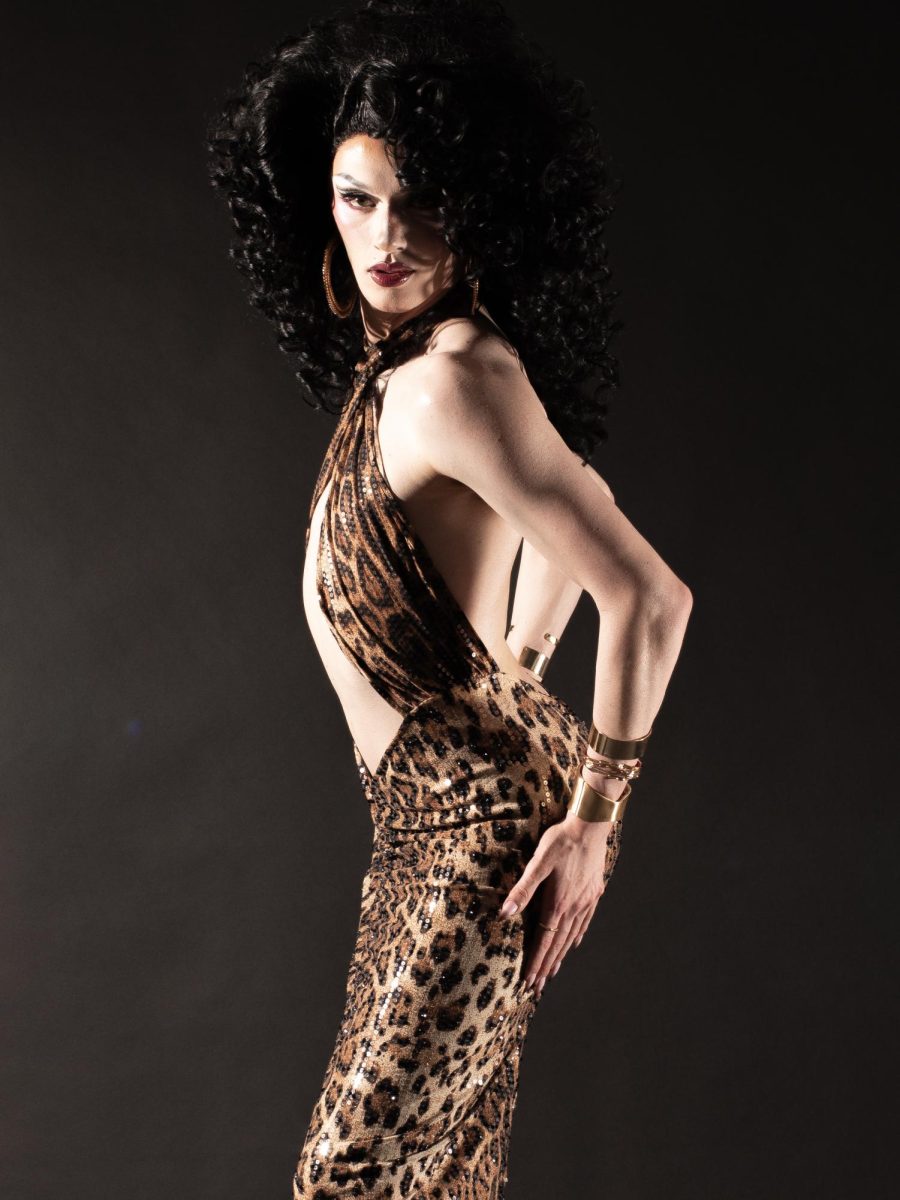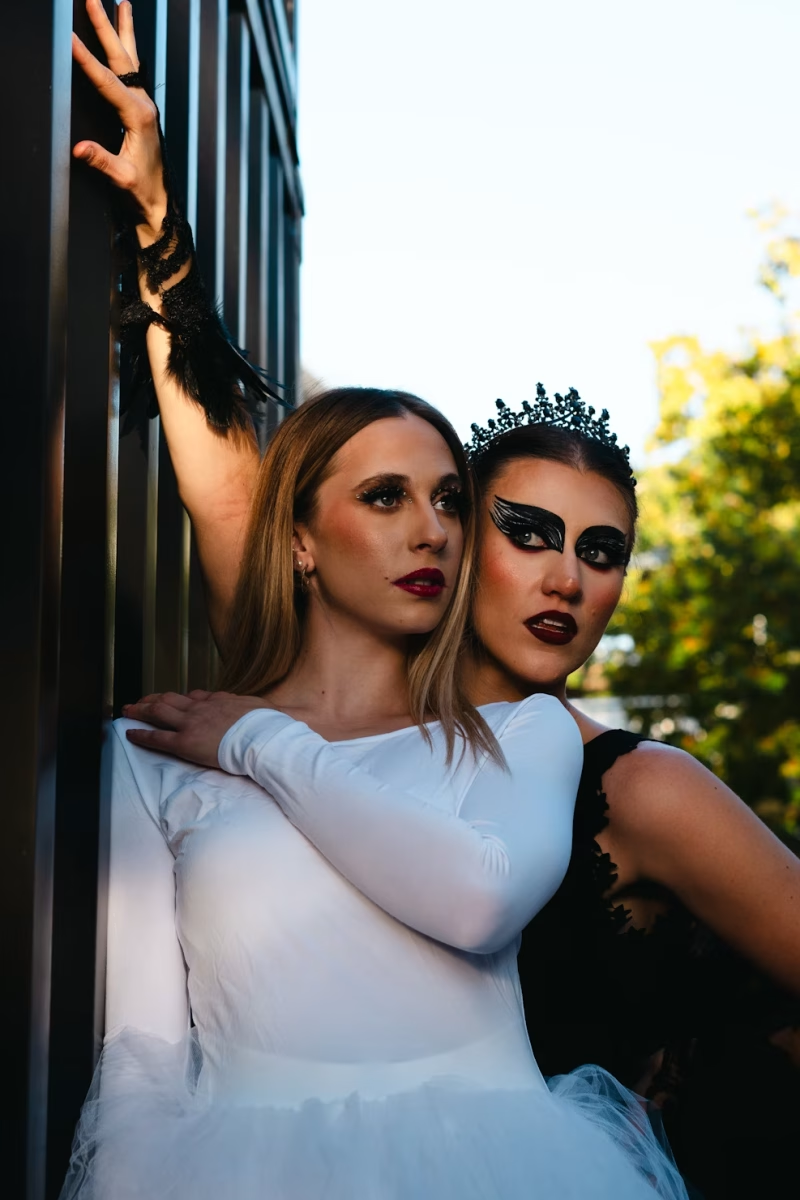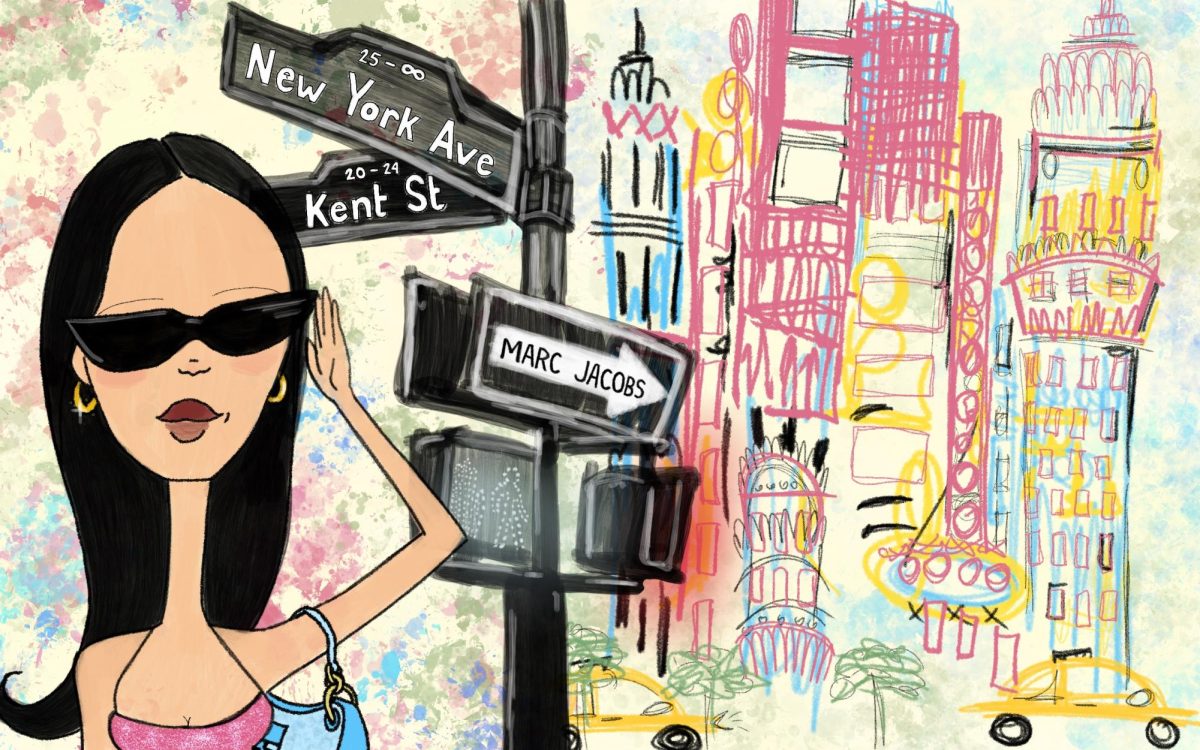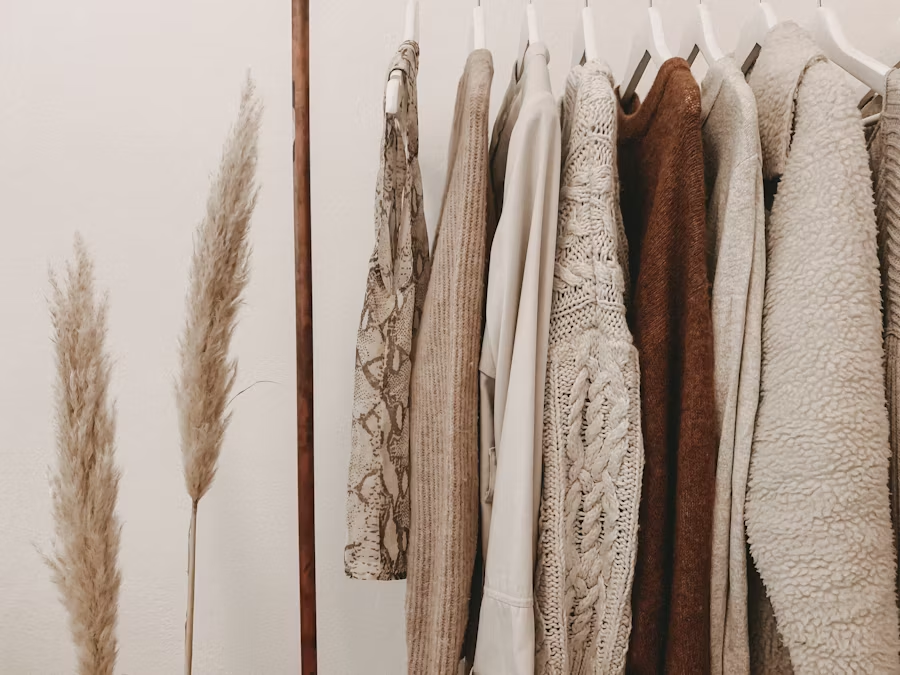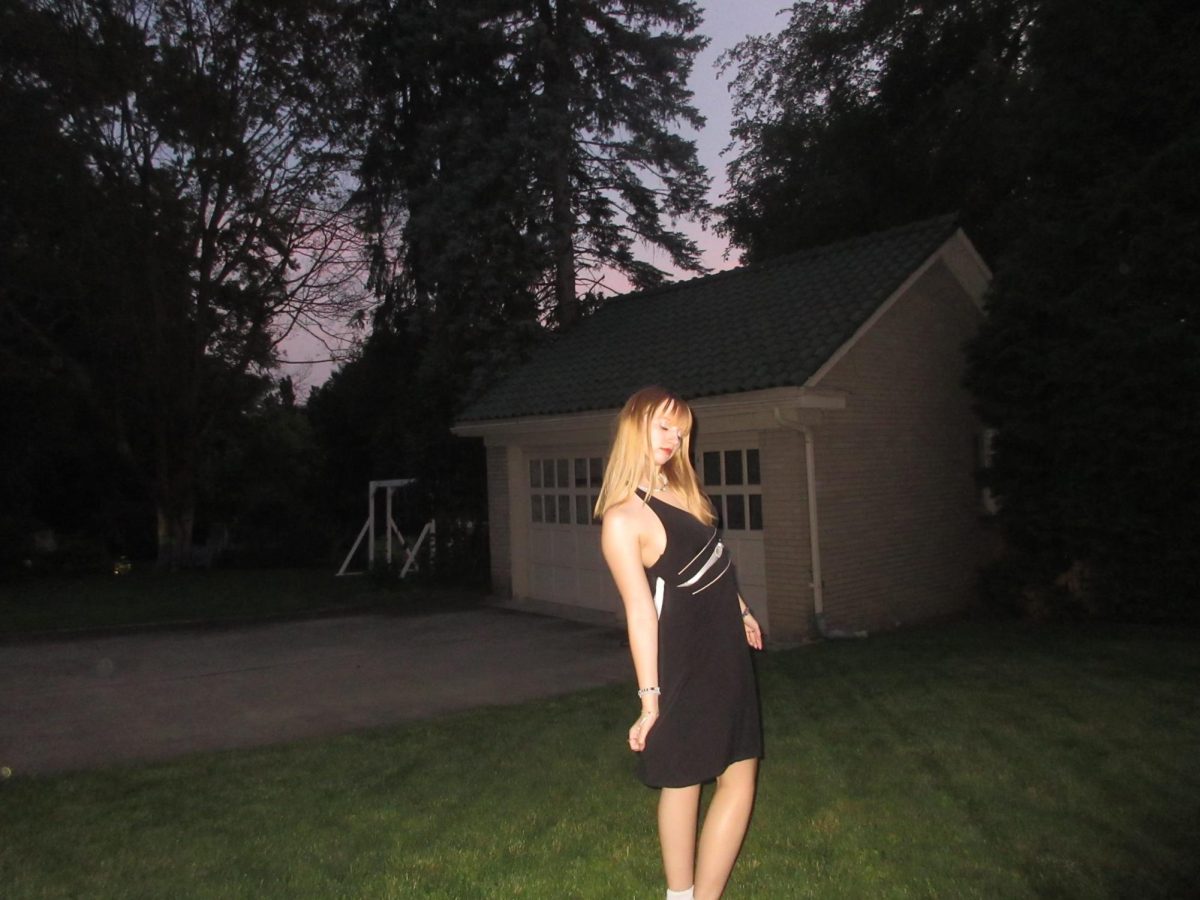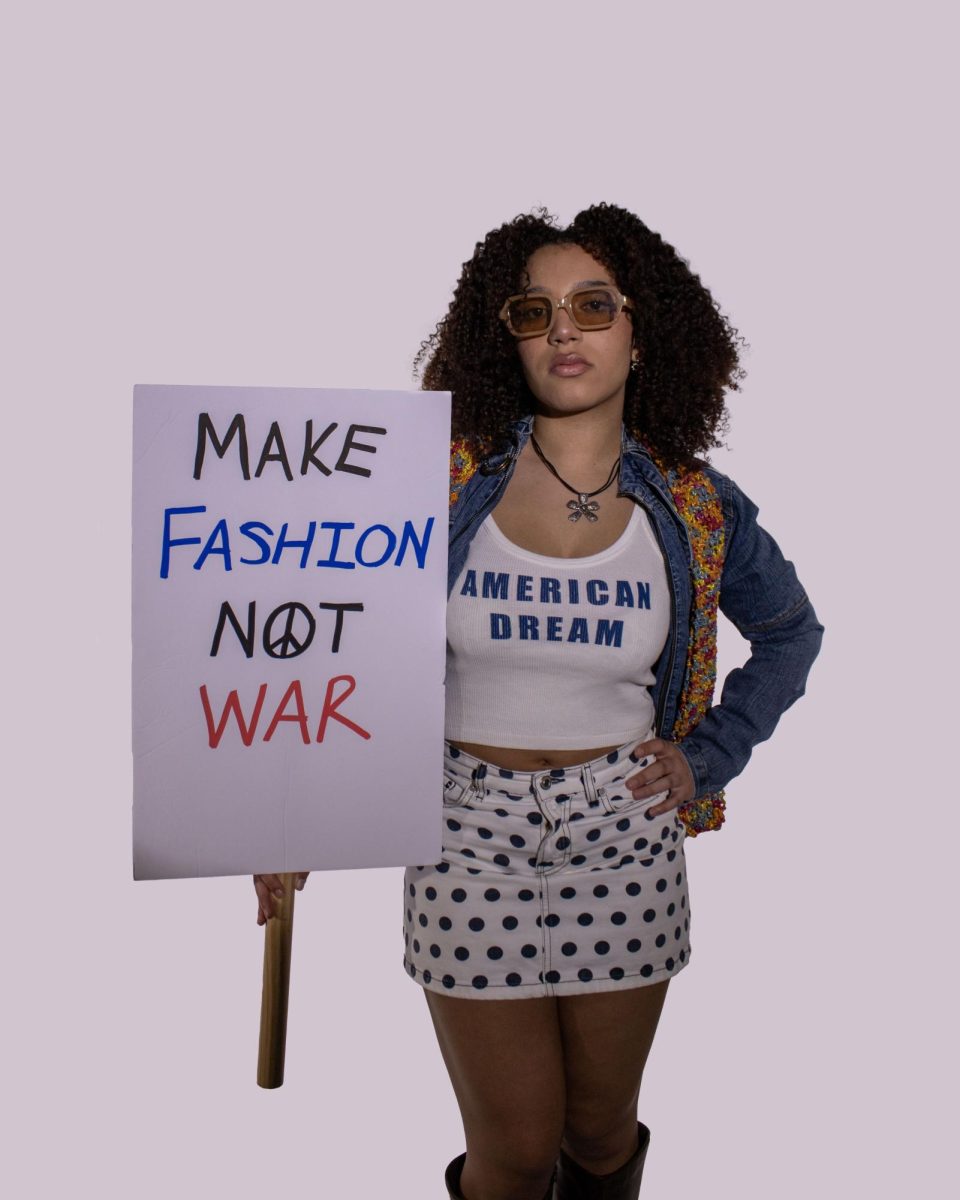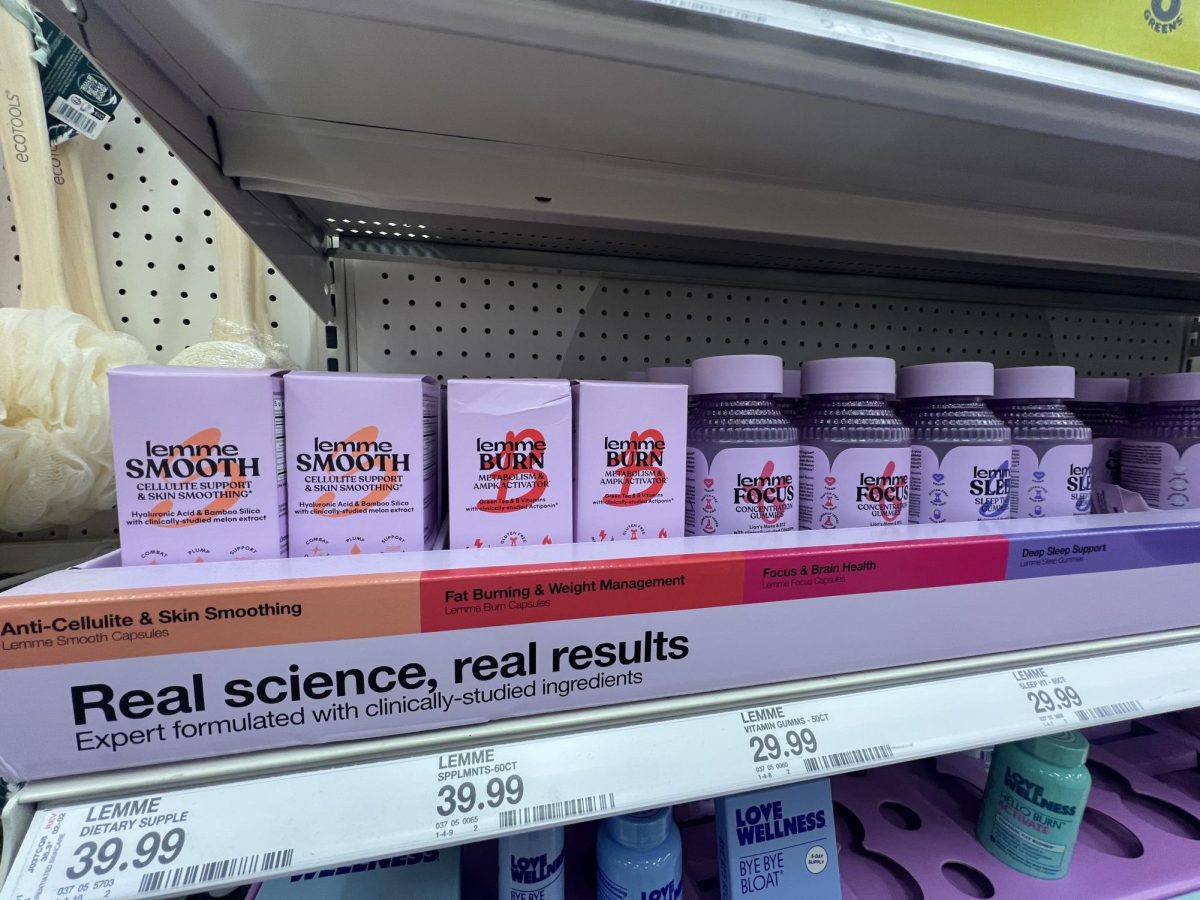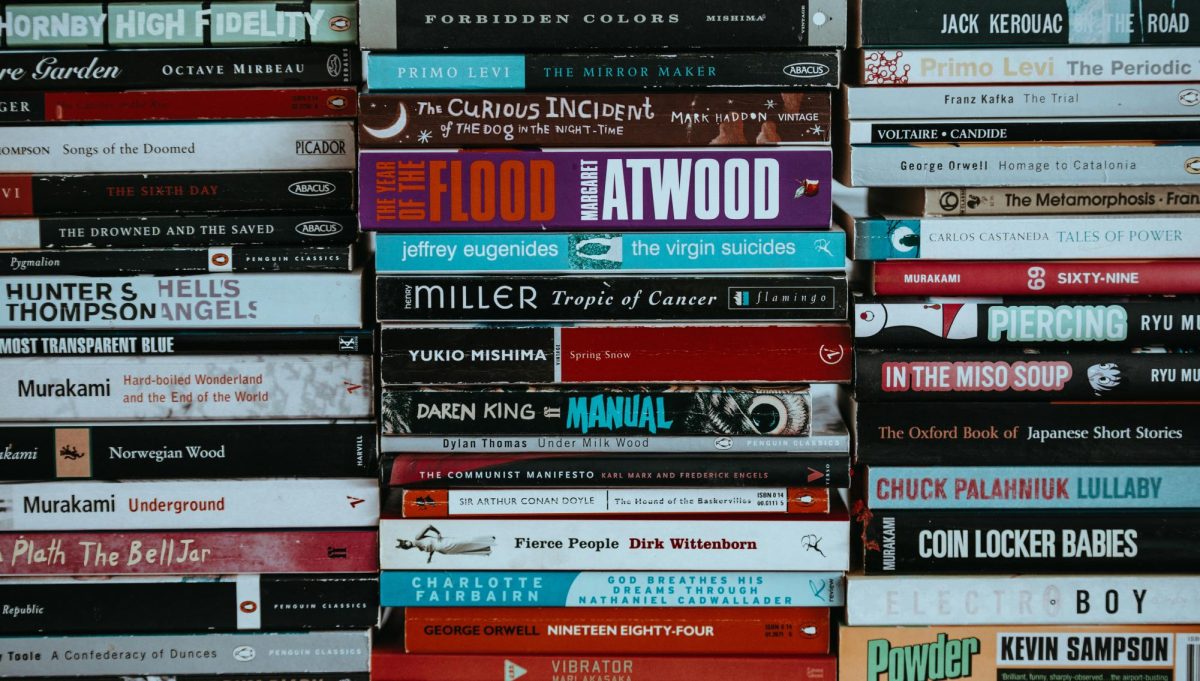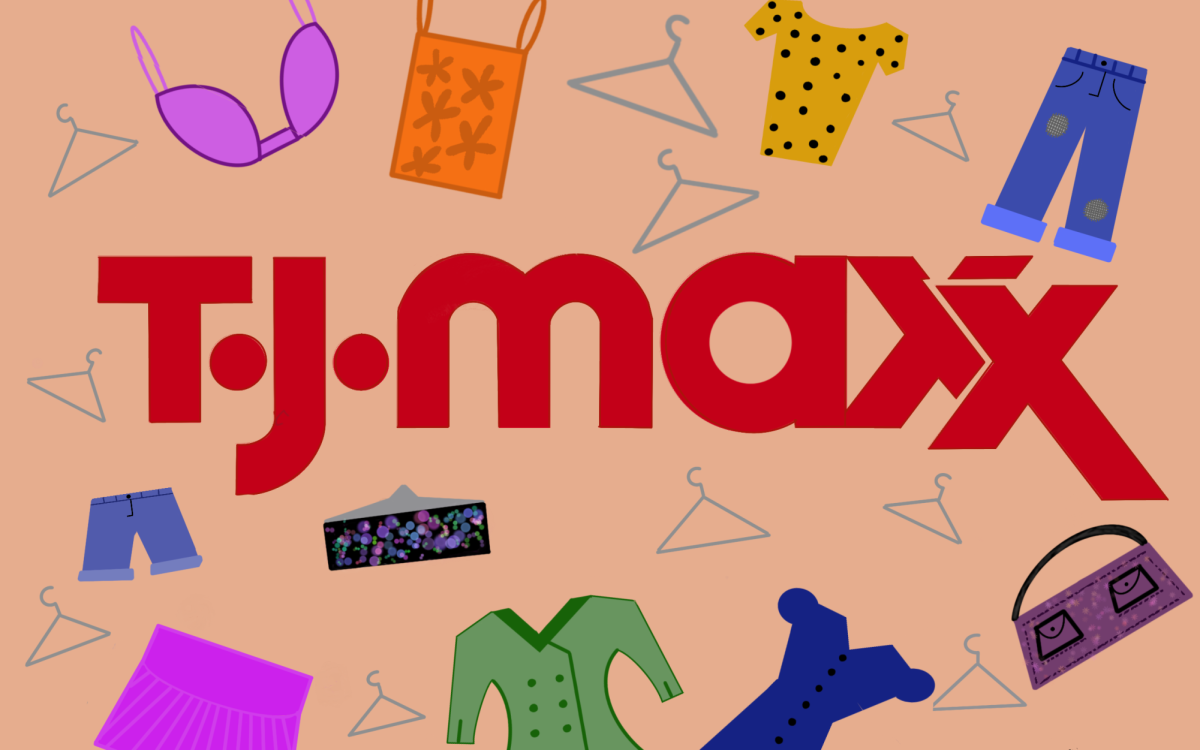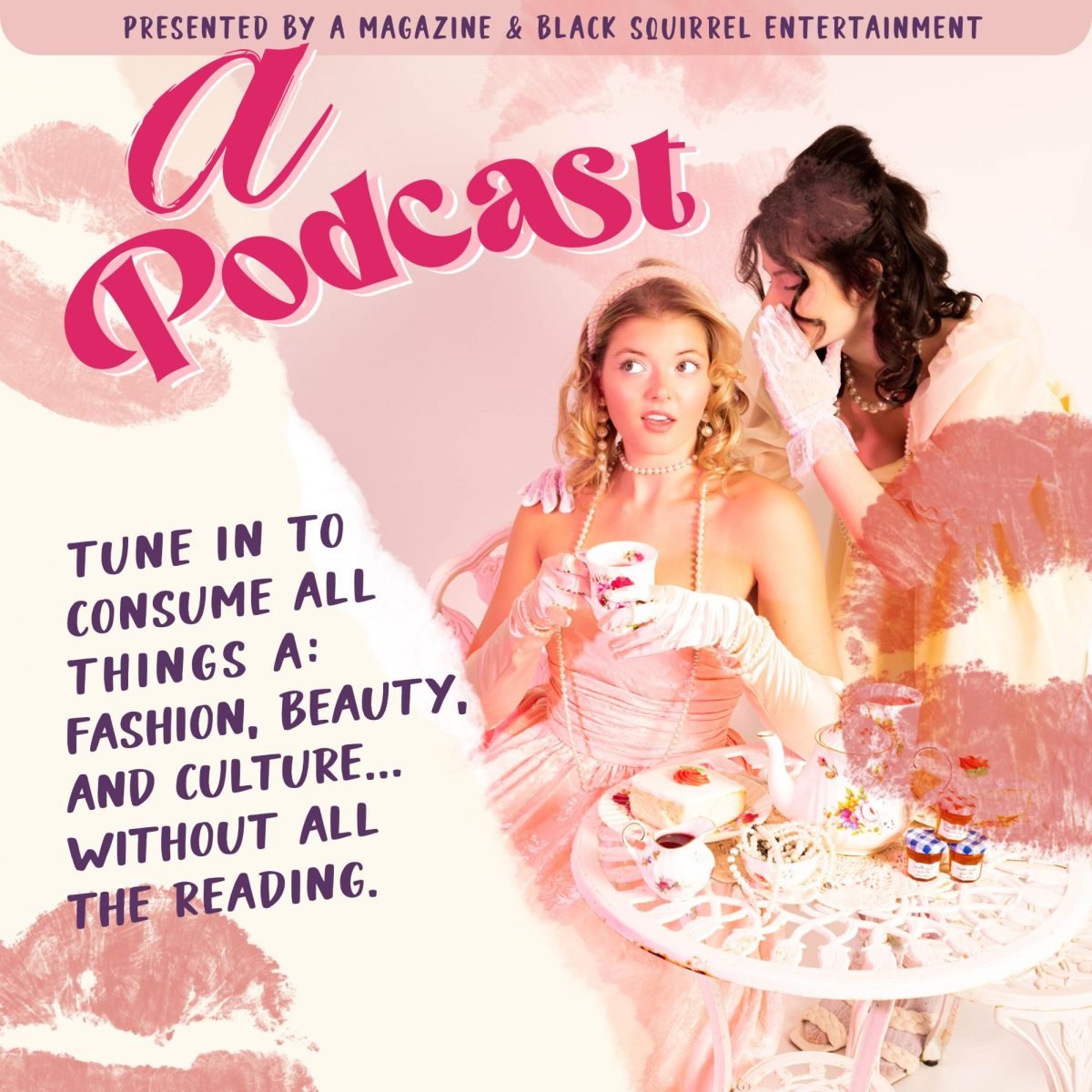Black culture has had a significant impact on contemporary American fashion. Trends that evolved within the community grew to become incorporated into mainstream culture as streetwear became a societal norm. In honor of Black History Month, let’s celebrate the achievements of the African-American community by illuminating their impact on the world of fashion.
The music of the Harlem Renaissance was a huge turning point for the music industry. Considered the “rebirth of African American art,” this time period allowed artistic expression to flourish and grow beyond societal constraints. The impact of jazz music translated into the fashion community as well. Musicians’ suits of the time popularized the oversized silhouettes, pinstripes and wide lapels that are still commonly found in contemporary menswear. The freeing music allowed womenswear to transcend beyond the stiff fashions of past generations in favor of loose silk dresses with drop-waist silhouettes.
During the 60s and 70s, the Black community’s political activism was at the forefront of American society. They had a lasting impact, not only in the political realm, but in the cultural sphere, as well. The Black Panther Party promoted natural hairstyles with the rallying cry of “Black is beautiful,” resisting Eurocentric beauty standards and encouraging their supporters to feel comfortable in their own skin. The group was known for wearing black sunglasses and leather jackets in a military style to contrast the troops sent to shut down their protests. These recurring themes in fashion have been used during the Black Lives Matter era to make a political statement. The costumes worn in Beyonce’s 2016 halftime show performance at Superbowl 50 paid tribute to the Black Panther Party to highlight the Black experience and address contemporary issues regarding racism.
In the 80s and 90s, the Black community’s influence in the music industry once again transformed the fashion industry as well. The rise of hip-hop gave way to trends like logomania and sneaker culture. Music groups like Run-DMC and athletes like Michael Jordan were some of the first influencers in streetwear fashion. 80s and 90s fashion is currently in a period of revival, as seen with the popularity of Tiktok thrifting trends and an increased interest in vintage and retro pieces. This means that some of your favorite staple pieces — bucket hats, chains and hoop earrings — are all thanks to the Black community.
Despite all of the Black community’s contributions to fashion, they are often excluded from the conversation when it comes to positions higher up within the industry. A lack of representation has caused activist groups to petition for more diversity within the fashion world. In the 21st century, Black creators have established themselves in the luxury industry in order to promote diversity and inclusion. Rihanna’s Fenty brand has changed the game when it comes to both racial and size inclusion.
Although streetwear emerged from Black culture, several popular brands have come under fire for not doing enough to support racial justice. In this time where fashion is highly politicized, it is more important than ever to take a stand against injustice and ensure that there is a place for everyone within the fashion industry. At A Magazine, we encourage our readers to educate themselves on current issues regarding Black history and racial justice in order to make a positive change in the narrative.
Support Student Media
Hi, I’m Maria McGinnis, a senior journalism student from Stow, Ohio. I’m also the editor-in-chief of A Magazine. My staff and I are committed to bringing you the most important and entertaining news from the realms of fashion, beauty, and culture. We are full-time students and hard-working journalists. While we get support from the student media fee and earned revenue such as advertising, both of those continue to decline. Your generous gift of any amount will help enhance our student experience as we grow into working professionals. Please go here to donate to A Magazine.

